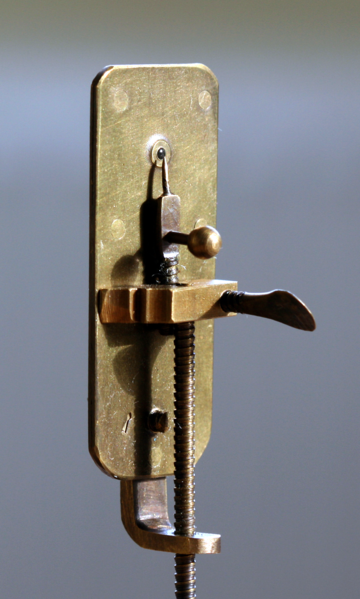100 Greatest Discoveries by the Discovery Channel (2004-2005) Updated 2025-07-16
Hosted by Bill Nye.
Physics topics:
- Galileo: objects of different masses fall at the same speed, hammer and feather experiment
- Newton: gravity, linking locally observed falls and the movement of celestial bodies
- TODO a few more
- superconductivity, talk only at Fermilab accelerator, no re-enactment even...
- quark, interview with Murray Gell-Mann, mentions it was "an off-beat field, one wasn't encouraged to work on that". High level blablabla obviously.
- fundamental interactions, notably weak interaction and strong interaction, interview with Michio Kaku. When asked "How do we know that the weak force is there?" the answer is: "We observe radioactive decay with a Geiger counter". Oh, come on!
biology topics:
- Leeuwenhoek microscope and the discovery of microorganisms, and how pond water is not dead, but teeming with life. No sample of course.
- 1831 Robert Brown cell nucleus in plants, and later Theodor Schwann in tadpoles. This prepared the path for the idea that "all cells come from other cells", and the there seemed to be an unifying theme to all life: the precursor to DNA discoveries. Re-enactment, yay.
- 1971 Carl Woese and the discovery of archaea
Genetics:
- Mendel. Reenactment.
- 1909 Thomas Hunt Morgan with Drosophila melanogaster. Reenactment. Genes are in Chromosomes. He observed that a trait was linked to sex, and it was already known that sex was related to chromosomes.
- 1935 George Beadle and the one gene one enzyme hypothesis by shooting X-rays at bread mold
- 1942 Barbara McClintock, at Cold Spring Harbor Laboratory
- 1952 Hershey–Chase experiment. Determined that DNA is what transmits genetic information, not protein, by radioactive labelling both protein and DNA in two sets of bacteriophages. They observed that only the DNA radioactive material was passed forward.
- Crick Watson
- messenger RNA, no specific scientist, too many people worked on it, done partially with bacteriophage experiments
- 1968 Nirenberg genetic code
- 1972 Hamilton O. Smith and the discovery of restriction enzymes by observing that they were part of anti bacteriophage immune-system present in bacteria
- alternative splicing
- RNA interference
- Human Genome Project, interview with Craig Venter.
Medicine:
- blood circulation
- anesthesia
- X-ray
- germ theory of disease, with examples from Ignaz Semmelweis and Pasteur
- 1796 Edward Jenner discovery of vaccination by noticing that cowpox cowpox infected subjects were immune
- vitamin by observing scurvy and beriberi in sailors, confirmed by Frederick Gowland Hopkins on mice experiments
- Fleming, Florey and Chain and the discovery of penicillin
- Prontosil
- diabetes and insulin
Leeuwenhoek microscope Updated 2025-07-16
